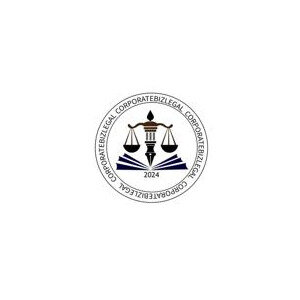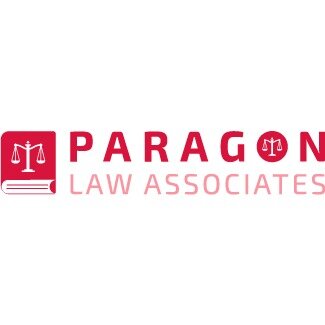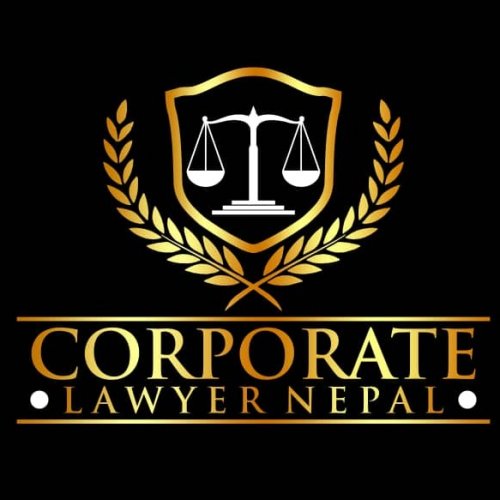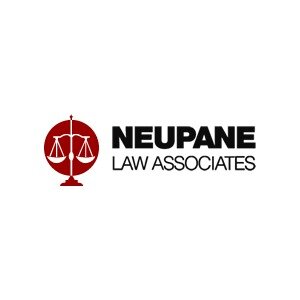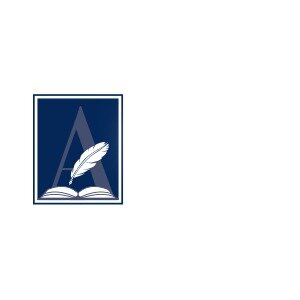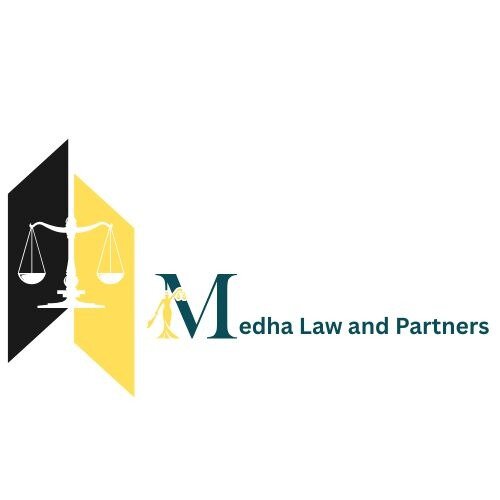Best FDA Law Lawyers in Nepal
Share your needs with us, get contacted by law firms.
Free. Takes 2 min.
Or refine your search by selecting a city:
List of the best lawyers in Nepal
About FDA Law in Nepal
FDA Law in Nepal primarily refers to the legal regulations and requirements governing food and drug safety, as well as the approval and quality control of pharmaceuticals, medical devices, and food products. The core legal instrument is the Drug Act, 2035 (1978), alongside relevant rules and guidelines set by the Department of Drug Administration (DDA), Ministry of Health and Population, and the Department of Food Technology and Quality Control (DFTQC). These laws oversee the manufacturing, import, distribution, and sale of medicines, medical products, and consumables, aiming to protect public health and prevent adulteration or misuse of products in the market.
Why You May Need a Lawyer
Engaging with FDA Law in Nepal can be complex, especially for businesses, healthcare providers, and individuals dealing with food and pharmaceutical products. Some common situations where legal assistance might be necessary include:
- Registering new drugs or medical devices for import, sale, or distribution
- Securing manufacturing or import licenses for food or drug products
- Responding to regulatory investigations or compliance notices from the DDA or DFTQC
- Challenging product seizures, bans, or recalls ordered by authorities
- Defending against allegations of selling or manufacturing substandard or unapproved products
- Ensuring proper labeling, advertising, and approval for food and drug items
- Protecting intellectual property related to pharmaceuticals or medical devices in Nepal
- Understanding and complying with changing national and international regulations
Local Laws Overview
The main legal framework governing FDA Law in Nepal includes the Drug Act, 2035 (1978), and the Food Act, 2023 (1966), supported by various regulations and standards. Key authorities such as the DDA and DFTQC are tasked with ensuring quality, efficacy, and safety of products in the market. Notable aspects of Nepal's FDA laws are:
- Stringent control on the import, export, storage, and sale of drugs and food products
- Mandatory product registration with competent authorities prior to sale
- Licensing requirements for manufacturing and retail operations
- Strict labeling and advertisement guidelines to prevent misleading information
- Regular inspections and sample collections for quality assurance
- Provisions for penalties, product recall, and legal action against violations
- Protection of consumer rights and promotion of public health
These laws directly impact businesses, healthcare professionals, importers, exporters, and the general public relying on safe products.
Frequently Asked Questions
What is the role of the Department of Drug Administration (DDA) in Nepal?
The DDA is Nepal's central regulatory authority responsible for ensuring the quality, safety, and effectiveness of drugs and medical products. It oversees the registration, licensing, monitoring, and enforcement of drug laws.
Do all pharmaceutical products need to be registered in Nepal before sale?
Yes, all pharmaceuticals, including imported medicines and vaccines, must be registered and approved by the DDA before they are legally sold or distributed in Nepal.
What are the legal requirements for importing food products into Nepal?
Importers of food products must obtain proper licensing from the Department of Food Technology and Quality Control and meet all labeling, safety, and quality standards as per the Food Act and other related regulations.
What penalties can be imposed for selling unregistered or substandard drugs?
Penalties may range from monetary fines and license suspension to product seizure, business closure, and criminal prosecution, depending on the severity of the violation.
Are there specific labeling requirements for drugs and food items in Nepal?
Yes, Nepal has strict guidelines for labeling, which must include accurate information on ingredients, expiration dates, batch numbers, manufacturing details, and other mandatory disclosures in Nepali language.
Can I advertise food supplements or herbal medicines freely in Nepal?
Advertising of food supplements or herbal products is regulated. False, misleading, or unapproved health claims are prohibited, and all advertisements must comply with specific rules and obtain necessary approvals.
How does Nepal ensure the quality of food and pharmaceuticals in the market?
Quality is maintained through mandatory product testing, inspections, surveillance, and laboratories managed by the DDA and DFTQC. Products failing to meet standards can be recalled or banned.
What should I do if my imported goods are detained by authorities?
You should consult a lawyer experienced in FDA Law to review the reasons for detention, prepare necessary documentation, and communicate with the relevant regulatory body to resolve the matter.
Can foreign companies register their drugs and devices in Nepal directly?
Foreign companies usually need to appoint a local representative or partner to facilitate registration and fulfill ongoing regulatory requirements before marketing products in Nepal.
What recourse do consumers have if they are harmed by unsafe food or drugs?
Affected consumers can file complaints with the DDA, DFTQC, or the consumer court, and may seek compensation or other legal remedies under Nepal's consumer protection and FDA laws.
Additional Resources
For further information or assistance on FDA Law matters in Nepal, consider these resources:
- Department of Drug Administration (DDA) - Central authority for drug regulation
- Department of Food Technology and Quality Control (DFTQC) - Regulates food quality and safety
- Ministry of Health and Population - Policy setting and oversight
- Consumer Protection Council - For complaints and safeguarding consumer rights
- Nepal Bar Association or local law societies - For legal referrals
- Professional pharmaceutical or food industry organizations
Next Steps
If you require legal advice or assistance concerning FDA Law in Nepal, follow these steps:
- Identify your specific issue, such as product registration, licensing, compliance, or dispute resolution
- Gather all relevant documentation, including licenses, correspondence with authorities, and product details
- Consult with a qualified lawyer or legal firm specializing in FDA regulation and administrative law
- Seek an initial consultation to understand your rights, obligations, and the best legal strategies for your case
- Stay updated on regulatory changes, as FDA Law in Nepal is evolving to match global standards
- Maintain ongoing compliance and keep records to prevent future legal issues
Taking prompt and informed legal action can save time, resources, and potential penalties while ensuring your business or personal interests are protected under Nepalese law.
Lawzana helps you find the best lawyers and law firms in Nepal through a curated and pre-screened list of qualified legal professionals. Our platform offers rankings and detailed profiles of attorneys and law firms, allowing you to compare based on practice areas, including FDA Law, experience, and client feedback.
Each profile includes a description of the firm's areas of practice, client reviews, team members and partners, year of establishment, spoken languages, office locations, contact information, social media presence, and any published articles or resources. Most firms on our platform speak English and are experienced in both local and international legal matters.
Get a quote from top-rated law firms in Nepal — quickly, securely, and without unnecessary hassle.
Disclaimer:
The information provided on this page is for general informational purposes only and does not constitute legal advice. While we strive to ensure the accuracy and relevance of the content, legal information may change over time, and interpretations of the law can vary. You should always consult with a qualified legal professional for advice specific to your situation.
We disclaim all liability for actions taken or not taken based on the content of this page. If you believe any information is incorrect or outdated, please contact us, and we will review and update it where appropriate.
Browse fda law law firms by city in Nepal
Refine your search by selecting a city.





